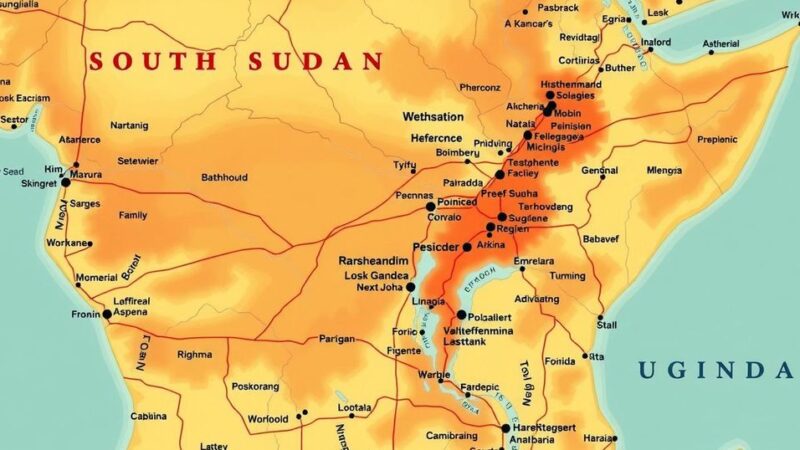Italy has released Iranian national Mohammad Abedini, wanted by the U.S. for his alleged role in a drone attack in Jordan that killed three Americans. The Italian Justice Ministry stated that the potential charges did not qualify for extradition under existing treaties. Abedini has returned to Iran, following his release and extensive diplomatic discussions.
On Sunday, the Italian government released Iranian citizen Mohammad Abedini, who was sought by the United States for his alleged involvement in a drone attack in Jordan that resulted in the deaths of three American military personnel. The Italian justice minister intervened to request a court revocation of Abedini’s arrest, leading to his swift return to Iran, as confirmed by Iranian state television. Abedini had been arrested on December 16, 2022, in connection with a U.S. warrant and was expected to appear in a Milan court regarding his plea for house arrest while awaiting extradition.
The U.S. Department of Justice accused Abedini of providing drone technology utilized in the attack on the U.S. military outpost, which took place in January 2024. However, the Italian justice ministry clarified that extradition can only occur for crimes recognized by both nations’ legal statutes, asserting that the alleged offense under the U.S. International Emergency Economic Powers Act does not constitute a punishable crime under Italian law. This legal assessment ultimately paved the way for Abedini’s release.
In December 2022, Italian authorities arrested Mohammad Abedini based on a U.S. request linked to a drone strike that killed three Americans in Jordan. Tensions surrounding the case heightened with the simultaneous detention of Italian journalist Cecilia Sala in Iran, leading many to speculate on her potential as a bargaining chip for Abedini’s release. Following extensive discussions between Iranian and Italian intelligence agencies, coupled with political negotiations involving Italian Prime Minister Giorgia Meloni and U.S. officials, Abedini’s release allows for renewed scrutiny of international extradition laws and their implications for diplomatic relations.
In conclusion, the release of Mohammad Abedini by Italy underscores complex international legal frameworks and the intricate interplay of diplomacy between nations. The Italian decision, supported by the assessment that the alleged U.S. charges do not align with Italian law, reveals significant implications for future extradition matters, while also reflecting on the successful negotiation efforts between Iran and Italy, potentially influenced by broader U.S. interests.
Original Source: www.theguardian.com






